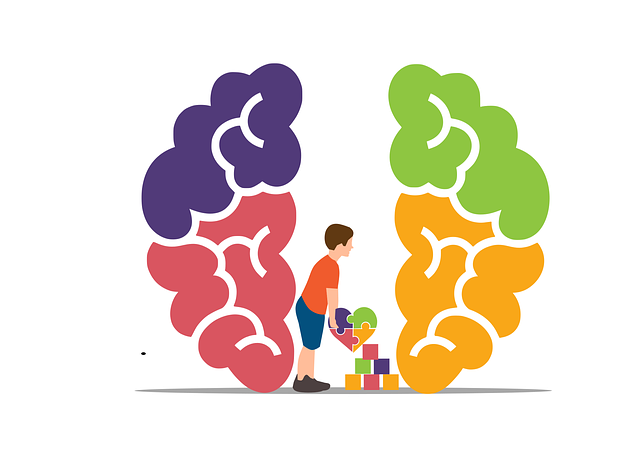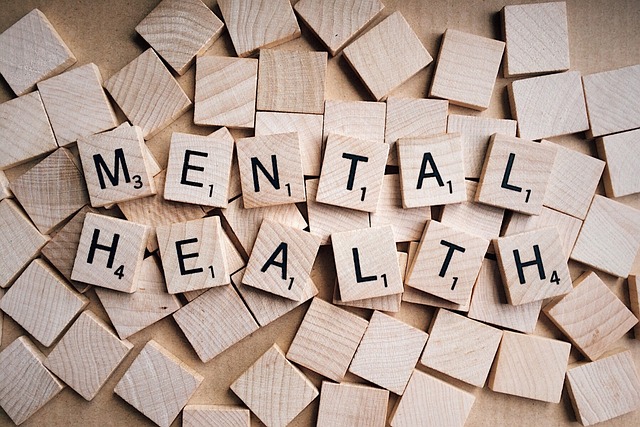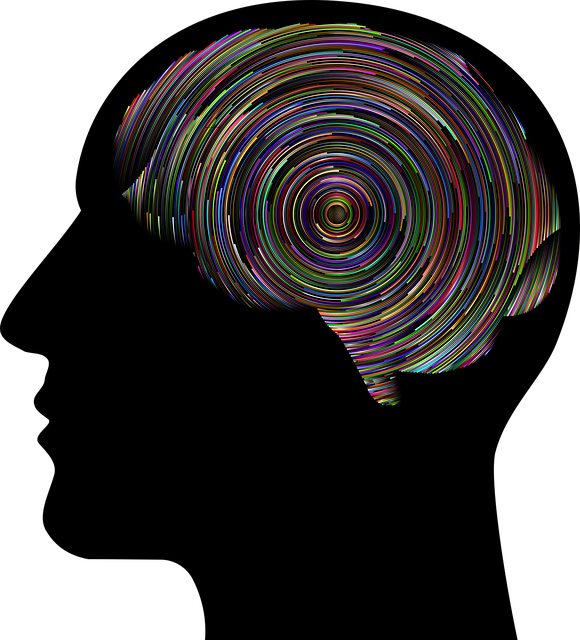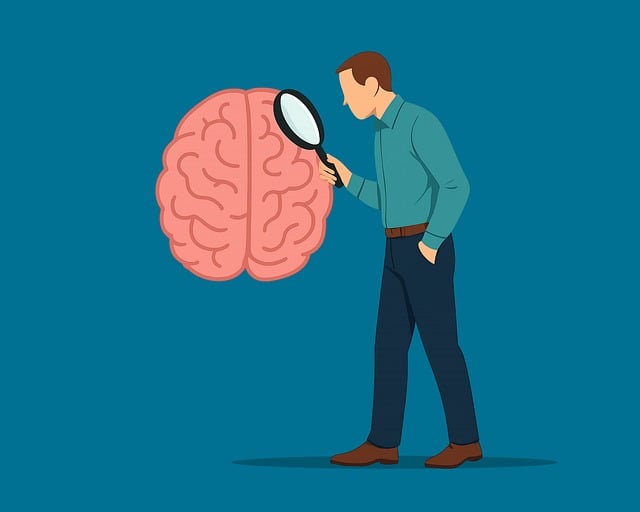The mental health community is recognizing the unique challenges faced by older adults with eating disorders, a growing concern in an aging population. Ageism hinders open conversations and access to specialized therapy. This text highlights societal misconceptions, specific pressures on seniors, and the need for tailored interventions incorporating strategies like burnout prevention. Customized self-assessments can identify subtle mental health shifts, enabling early interventions, such as advanced tools addressing independence loss, chronic pain, or social isolation. Developing culturally competent therapy approaches tailored to elderly individuals' unique challenges is crucial, leveraging evidence-based practices and technological advancements. Implementing and evaluating self-assessment tools is vital for providing quality care, empowering seniors with self-awareness exercises, and promoting long-term recovery, especially regarding therapy for elders eating disorders.
Mental wellness self-assessment tools are crucial in addressing the growing concern of eating disorders among the elderly. This article delves into the complex landscape of understanding elder mental health and eating disorders, highlighting their increasing prevalence. We explore the need for customized self-assessment tools tailored to seniors’ unique needs. Furthermore, it discusses effective therapy approaches for elderly individuals with eating disorders and provides insights on implementing and evaluating these tools to ensure quality care. By focusing on these aspects, we aim to revolutionize mental health support for this vulnerable demographic through innovative assessment methods and targeted therapies, emphasizing the importance of early intervention and personalized treatment plans.
- Understanding Elderly Mental Health and Eating Disorders: A Growing Concern
- The Need for Customized Self-Assessment Tools for Seniors
- Developing Effective Therapy Approaches for Elderly Individuals with Eating Disorders
- Implementing and Evaluating Self-Assessment Tools: Ensuring Quality Care for Elders
Understanding Elderly Mental Health and Eating Disorders: A Growing Concern

The mental health landscape is shifting to address a growing concern: eating disorders and their unique manifestation in older adults. As our population ages, understanding elderly mental health has become increasingly vital. Despite societal progress, ageism often hinders open discussions on this topic. Elderly individuals may face challenges in accessing appropriate therapy for eating disorders, partly due to the misconception that such conditions are exclusively youth-related.
This demographic faces distinct pressures, including social isolation, chronic illnesses, and lifestyle changes, which can contribute to the development or exacerbation of eating disorders. Consequently, healthcare providers must incorporate strategies like burnout prevention into their approach, drawing from the inner strength development inherent in older adults. Recognizing these nuances is crucial for implementing effective interventions, ensuring that this vulnerable group receives specialized care tailored to their needs.
The Need for Customized Self-Assessment Tools for Seniors

The need for tailored mental wellness self-assessment tools is particularly acute among seniors, who often face unique challenges that can affect their emotional well-being. As people age, they may experience increased loneliness, reduced mobility, or changes in health status—all of which can contribute to heightened anxiety, depression, and even eating disorders. Off-the-shelf assessment tools might not adequately capture these nuances, leading to misdiagnosis or overlooked issues. Customized self-assessments designed specifically for seniors can help identify subtle shifts in mental health, enabling timely interventions.
For example, an advanced self-assessment tool could include questions tailored to address common concerns among older adults, such as coping with loss of independence, managing chronic pain, or navigating social isolation. By integrating these specific aspects, the assessment can more effectively assess emotional intelligence and coping skills development in this demographic. Furthermore, such tools have the potential to facilitate early detection of anxiety relief strategies that cater to seniors’ unique needs, ultimately improving their quality of life and promoting better mental health outcomes.
Developing Effective Therapy Approaches for Elderly Individuals with Eating Disorders

Developing effective therapy approaches for elderly individuals with eating disorders is a specialized and critical aspect of mental wellness coaching programs development. As our population ages, it’s essential to address unique challenges faced by seniors, such as age-related cognitive changes and physical limitations, which can complicate traditional treatment methods. Therapists must tailor interventions to suit these specific needs, ensuring cultural competency through healthcare provider training. This involves understanding the interconnection between mental health, physical well-being, and social dynamics that may have evolved over a lifetime.
By incorporating evidence-based practices and leveraging technological advancements, therapists can create inclusive environments that foster self-esteem improvement in elderly patients with eating disorders. The goal is to not only treat symptoms but also enhance overall quality of life by promoting healthy habits, positive body image, and meaningful social interactions. This holistic approach, combined with regular monitoring and adjustments, has the potential to revolutionize care delivery for this often-overlooked demographic.
Implementing and Evaluating Self-Assessment Tools: Ensuring Quality Care for Elders

Implementing and evaluating self-assessment tools is a critical step in ensuring quality care for elders, particularly those dealing with mental health challenges such as eating disorders. These tools serve as a gateway to understanding an individual’s psychological state, facilitating personalized therapy for elders eating disorders and other mental health concerns. By integrating self-care routine development for better mental health into these assessments, professionals can uncover underlying issues and design targeted interventions.
Self-awareness exercises within these tools enable seniors to recognize triggers, emotions, and behaviors, fostering a sense of agency in managing their mental wellness. Moreover, risk management planning for mental health professionals becomes more effective when grounded in comprehensive self-assessments. This approach not only strengthens the therapeutic process but also promotes long-term recovery by empowering elders with the skills to navigate their mental health journeys independently.
The development of tailored mental wellness self-assessment tools is a significant step towards addressing the unique challenges faced by elderly individuals with eating disorders. By recognizing the growing concern within this demographic, we can implement effective therapy approaches that cater to their specific needs. Through rigorous evaluation and implementation strategies, these tools ensure quality care, enabling professionals to identify and support seniors effectively. This holistic approach, combining assessment and tailored therapy, is crucial in promoting mental wellness and enhancing the lives of elderly people struggling with eating disorders.














